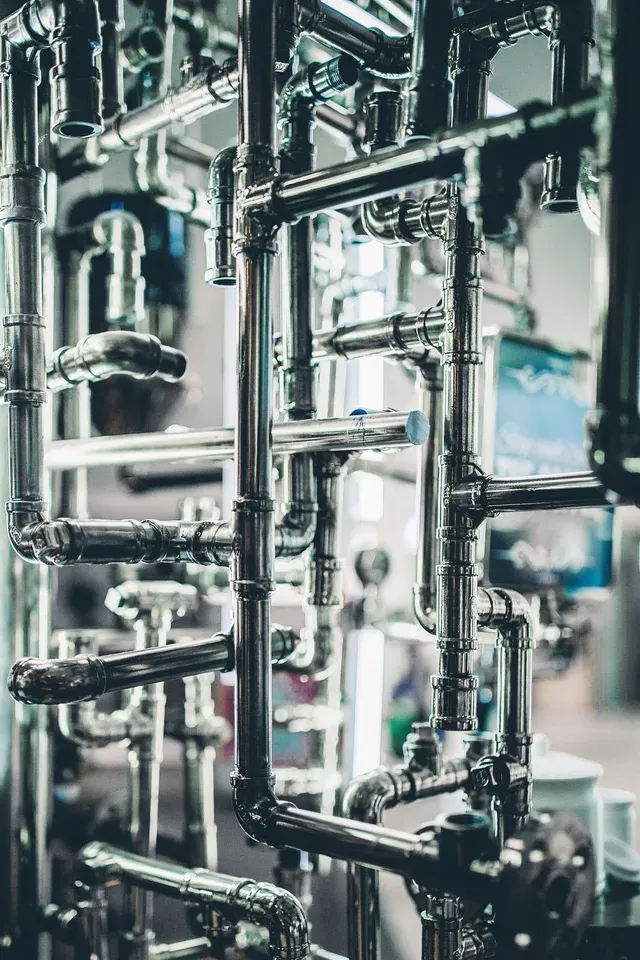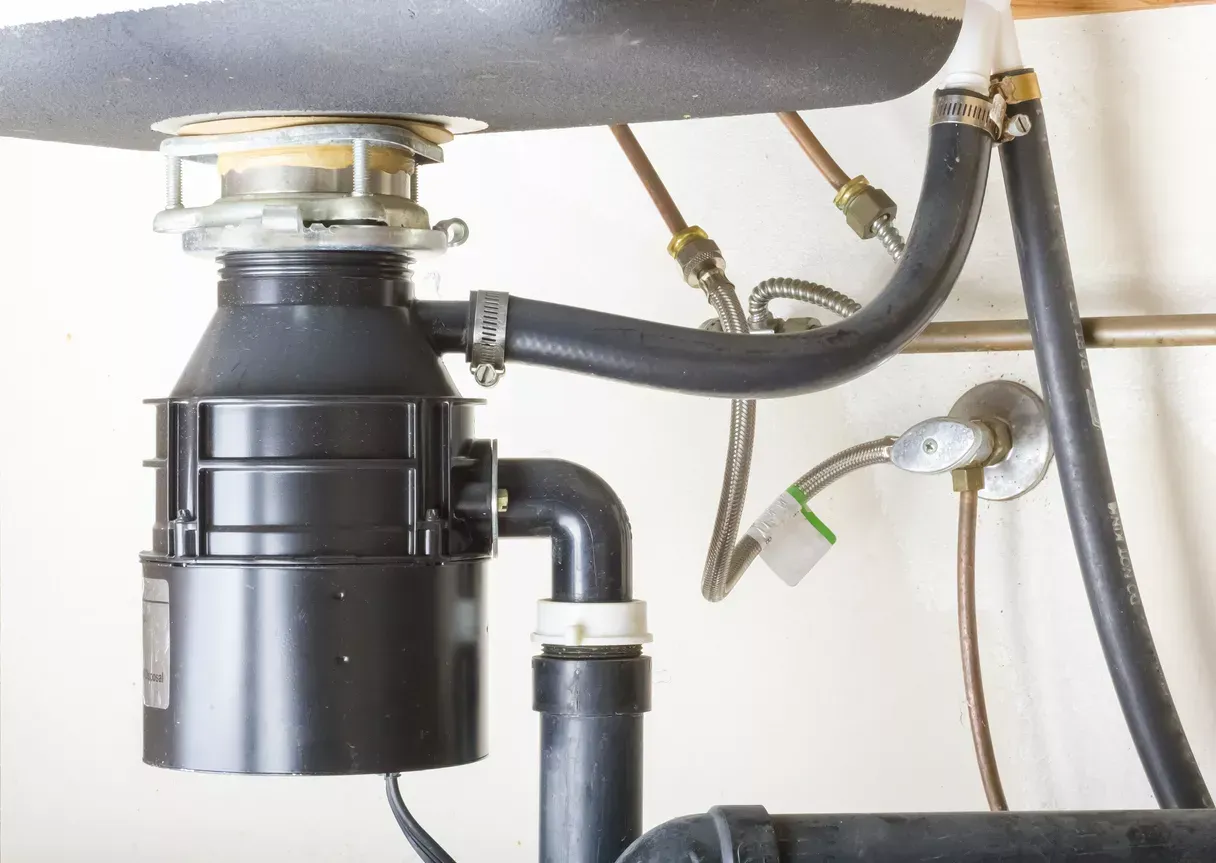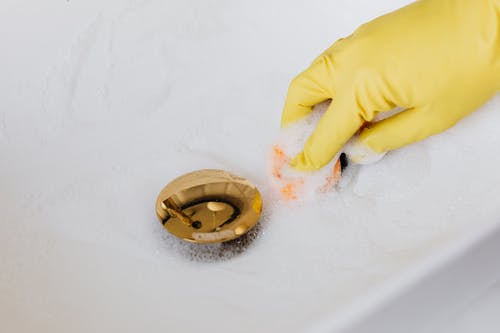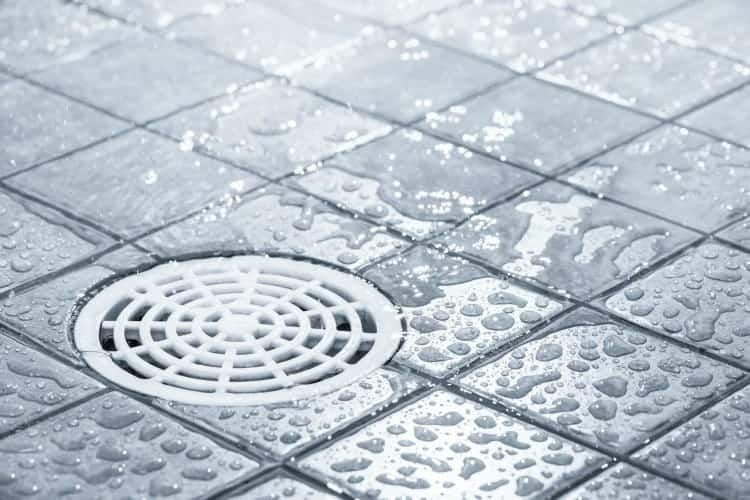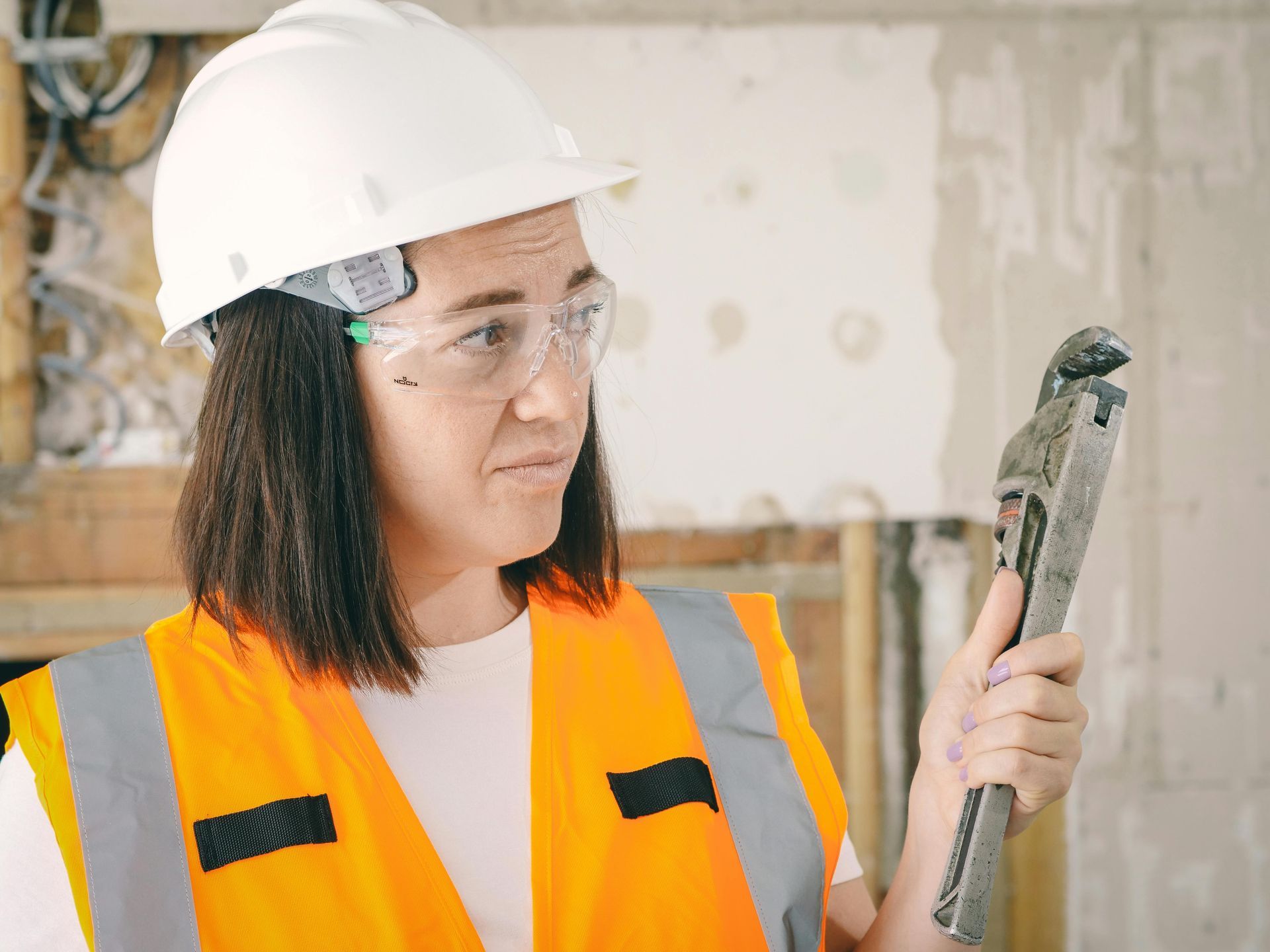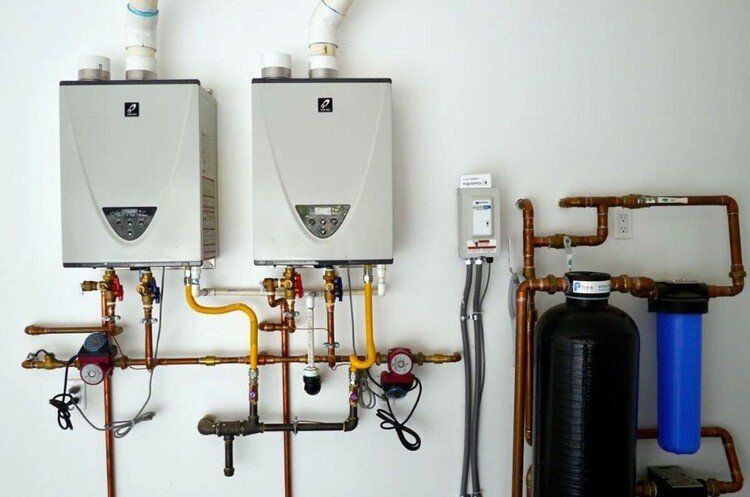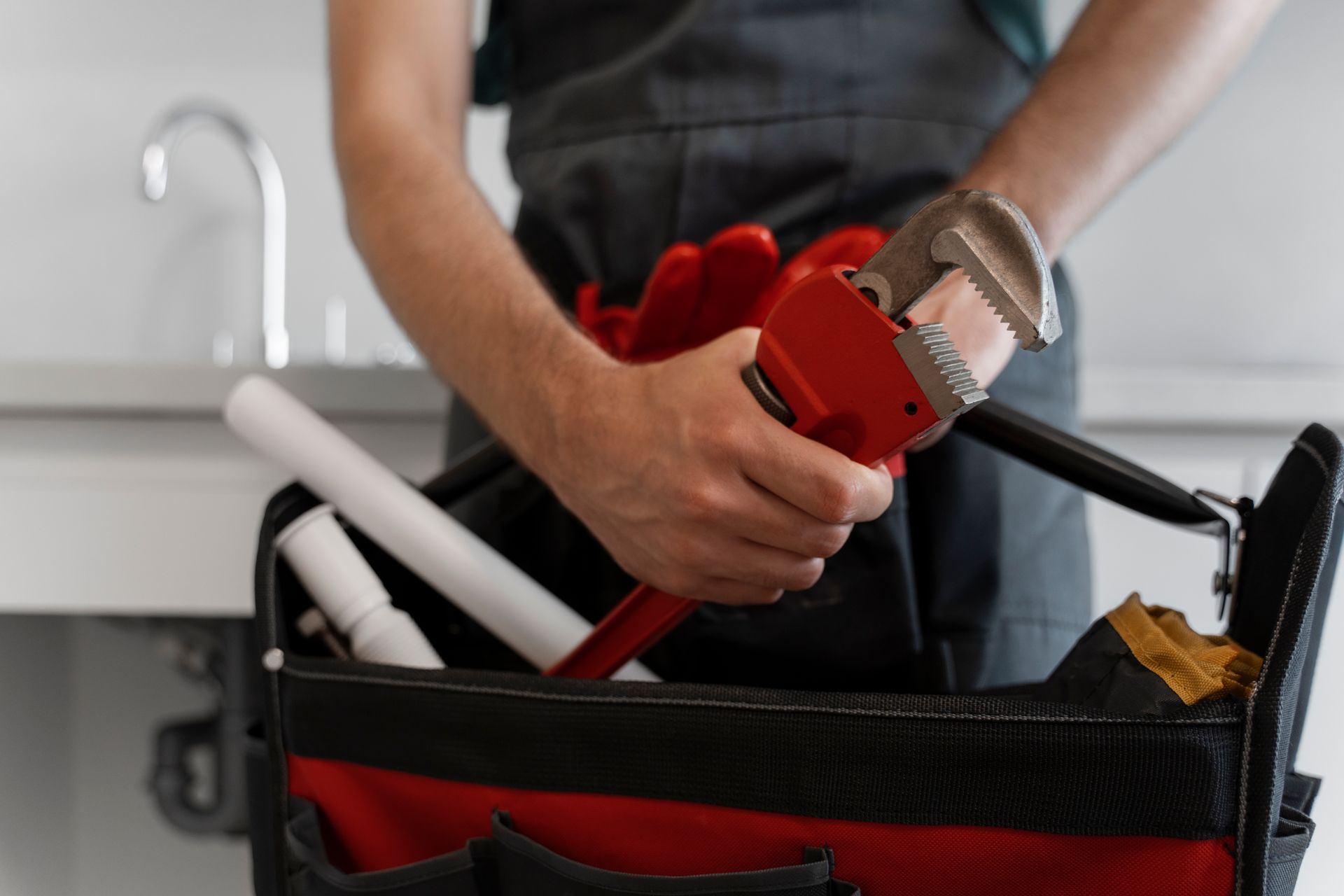Essential Tools Every Homeowner Should Keep for Plumbing Repairs
Effective plumbing maintenance and timely repairs are essential aspects of homeownership. While many plumbing issues require professional intervention, having the right tools on hand empowers homeowners to perform minor repairs and maintenance tasks, preventing small problems from escalating into costly emergencies. Licensed plumbers stand out from the rest not only because of their expertise but also due to their extensive toolkit. However, homeowners can benefit greatly by keeping essential plumbing tools that address common household plumbing scenarios, including preparations for substantial jobs like sewer line replacement.
This detailed article explores essential plumbing tools every homeowner should consider, explaining their purposes, applications, and how they contribute to maintaining a functional and safe plumbing system. Firms such as All City Plumbers exemplify professionalism by using a wide array of specialized tools, and this guide shares similar but appropriately scaled recommendations tailored for the average homeowner.
Understanding the Value of Having Essential Plumbing Tools
Owning a basic yet reliable plumbing toolkit offers considerable advantages. It allows homeowners to handle typical repairs such as fixing leaks, unclogging drains, tightening loose fittings, and installing or replacing fixtures. Prompt minor repairs can prevent water damage, reduce utility bills, and extend the lifespan of plumbing components. Moreover, having tools ready can facilitate clearer communication with professional plumbers by enabling better problem identification and preparation for larger jobs like sewer line replacement.
Basic Plumbing Tools Every Homeowner Should Own
A functional toolkit starts with the basics, which are versatile enough for a range of plumbing tasks:
- Adjustable Wrench: Known for its versatility, this wrench allows homeowners to tighten or loosen nuts and bolts on pipes and fixtures of various sizes. Its ability to adapt to different shapes and sizes makes it indispensable.
- Pipe Wrench: Designed with serrated jaws for gripping rounded surfaces, pipe wrenches are crucial for handling metal pipes. They provide the leverage needed to unscrew stuck or corroded fittings—something homeowners may encounter when attending to older plumbing systems.
- Plunger: A classic tool for clearing simple blockages in toilets, sinks, and drains, the plunger uses suction and pressure to dislodge clogs effectively. Investing in a high-quality plunger suited for different fixtures can prevent the inconvenience of slow drainage.
- Basin Wrench: This specialized wrench is ideal for hard-to-reach nuts located beneath sinks, particularly those securing faucets to countertops. Its long shaft and pivoting head allow for maneuverability in tight spaces where regular wrenches cannot operate efficiently.
- Pipe Cutter: When replacing or repairing sectioned piping, a pipe cutter provides clean and precise cuts on copper or plastic pipes. This tool is especially useful when homeowners engage in smaller-scale jobs or assist with preparation for major plumbing work like sewer line replacement.
Advanced Tools for More Complex Home Plumbing Repairs
Some repairs may require tools that go beyond the basic set, enabling homeowners to troubleshoot and resolve intricate problems:
- Closet Auger or Drain Snake: These tools help in clearing deeper or tougher clogs beyond the reach of a plunger. A closet auger is particularly suited for toilet clogs, while a drain snake works well for sinks and shower drains, breaking up or retrieving blockages.
- Tape Measure and Level: Precision tools like a tape measure and level are essential when installing or replacing fixtures, ensuring accuracy and proper alignment of pipes and fittings to avoid leaks or operational issues.
- Hacksaw: For cutting pipes, bolts, or other hardware that a pipe cutter may not be designed for, a hacksaw offers flexibility. It is handy when adjustments or modifications require more brute force.
- Teflon (PTFE) Tape: Although not a tool per se, sealing tape is a critical component in many plumbing repairs. It ensures watertight seals on threaded joints, preventing leaks and maintaining pressure integrity.
- Inspection Mirror and Flashlight: These tools aid in inspecting concealed or hard-to-see areas behind sinks, cabinets, or under flooring. Early detection of leaks or corrosion can prevent extensive damage.
Safety and Preparation Tools
Homeowners should also be equipped with safety and ancillary items that facilitate repair work while protecting themselves and their property:
- Gloves and Safety Glasses: Handling pipes, chemicals, or sharp tools necessitates protective gear to avoid injuries.
- Bucket and Towels: These are necessary for catching water during repairs and keeping the work area dry.
- Utility Knife: Useful for cutting hoses, tape, or packaging around equipment.
The Importance of Knowing When to Call Professionals
While having an essential toolkit is invaluable, certain plumbing issues surpass the scope of homeowner repairs. Major projects such as sewer line replacement require specialized knowledge, equipment, and permits. Licensed plumbers stand out from the rest by offering comprehensive solutions to complex problems backed by professional training and experience. Companies like All City Plumbers not only bring advanced tools but also ensure code compliance and long-term reliability.
Recognizing the limits of DIY plumbing and calling professional services in time saves homeowners from exacerbating problems or incurring high replacement costs. Basic tools, however, empower homeowners to manage everyday plumbing care and offer initial troubleshooting before expert intervention.
Conclusion
Every homeowner benefits from having an essential set of plumbing tools at hand, carefully chosen to cover a wide array of common household repairs and maintenance tasks. From basic adjustable wrenches and plungers to more specialized equipment like basin wrenches and drain snakes, these tools provide the means to swiftly address common issues and support effective communication with professional plumbers when needed. Licensed plumbers stand out from the rest by wielding specialized equipment and expertise, especially when handling complex jobs like sewer line replacement, but a well-prepared homeowner toolkit lays the foundation for good plumbing system stewardship. Following the example of firms such as All City Plumbers, homeowners are encouraged to equip themselves wisely, maintain safety, and understand when to seek professional assistance to protect their home’s plumbing infrastructure and ensure lasting performance.

